Hit by internal crisis, Israel attacked Gaza to reunite settlers: Analyst
The latest Israeli onslaught on Gaza was a desperate attempt by the regime to reunite settlers following months-long, anti-regime rallies across the occupied territories, says a political analyst.
Zaakir Ahmed Mayet told Press TV on Saturday that Israel’s latest aggression on Gaza Strip is a “crowd-pleaser” given that the regime is caught in the grips of domestic unrest for months since the Israeli prime minister Benjamin Netanyahu’s extremist and far-right cabinet took office last December.
“Fighting can unite its people particularly now; this is important when Israel is so fractured at the domestic level, they needed a rallying point, and the war serves as a crowd-pleaser; nothing unites the Israeli society more than the bloodletting of the Palestinians,” Mayet said.
On Tuesday, Israel launched a barrage of deadly strikes in the Gaza Strip amid months of anti-Netanyahu rallies.
The vicious onslaught ended 5 days later on Saturday when an Egyptian-mediated ceasefire came into force.
The Israeli aggression on the besieged territories left more than 33 Palestinians, including 6 children, dead and 150 others injured. The fatalities also included several Islamic Jihad commanders.
Palestinian resistance movements also fired rockets toward Israeli cities and settlements in retaliation for the ruthless strikes, forcing settlers to flee settlements.
According to the Israeli military, more than 1,000 rockets have been fired from the Gaza Strip.
The escalation marked the worst episode of fighting between Gaza’s resistance factions and the Israeli regime since a 10-day war in 2021.
Mayet said the regime keeps carrying out strikes on the Gaza Strip to “maintain its deterrence capacity” and create a perception that Israel is capable of fighting against Palestine.
“However, what has changed in the last few years is that Israel's space of maneuvering has surely narrowed due to the unification of the [resistance] fronts,” he added.
He said that any transgression across the occupied territories will not go unanswered, eventually depleting Israel’s capabilities.
In early April, dozens of rockets were launched from southern Lebanon into the Israeli-occupied territories in retaliation for raids by Israeli forces that stormed the al-Aqsa Mosque compound.
However, according to unnamed defense officials cited by Axios, Israeli ministers concluded that they did not want to get dragged into a war in Lebanon as it could turn into a regional conflict.
Therefore, to avoid a wider conflict with Hezbollah they focused their strikes in Gaza and Lebanon on Hamas targets.
Later that month, Israel’s military affairs minister Yoav Gallant warned that Israel would likely no longer see limited conflicts on single fronts, but rather would have to face a multi-front escalation in the near future.
“This is the end of the era of limited conflicts, we are facing a new security era in which there may be a real threat to all arenas at the same time,” Gallant said.
Mayet said that Israel has a clear pattern of establishing its deterrence by launching small operations and then agreeing to a ceasefire.
Nonetheless, he added, now with the unification of all resistance factions, such operations can turn into a regional conflict that is an apparent defeat and loss for Israel which they try to avoid.
“There’s a clear acknowledgment that every [resistance] front is now connected, what you have now is a new equation that has developed due to the unification of fronts that any transgression will be answered not in one arena,” he concluded.
D-8’s role in Iran’s economy after Cairo summit
China slams US as ‘war-addicted’ threat to global security
China ‘firmly opposes’ US military aid to Taiwan
VIDEO | Press TV's News Headlines
President Yoon Suk Yeol to be removed from office
At least 19 Gazans killed by Israeli airstrikes since dawn: Medics
Leader: Iran neither has nor needs proxy forces
US fighter aircraft shot down ‘in friendly fire’ amid aggression on Yemen


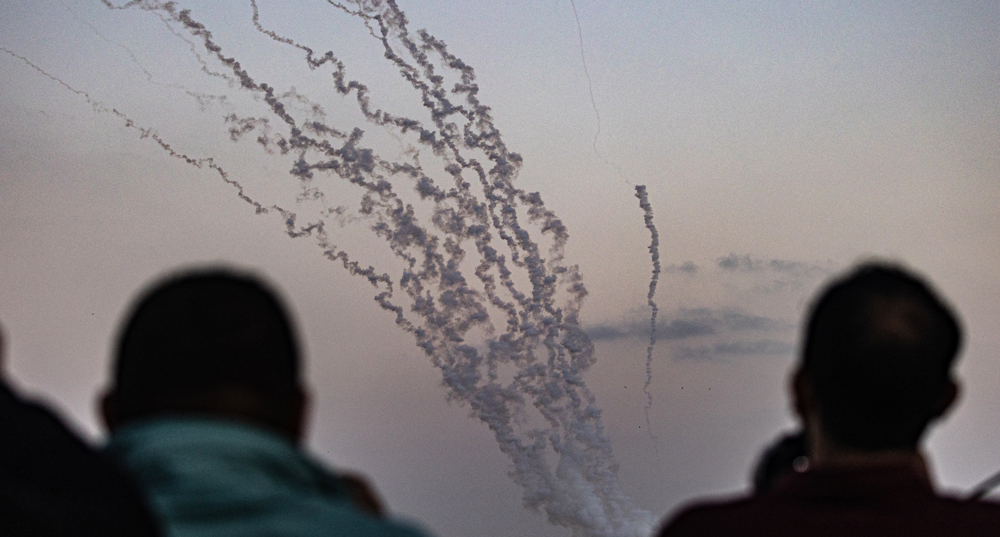
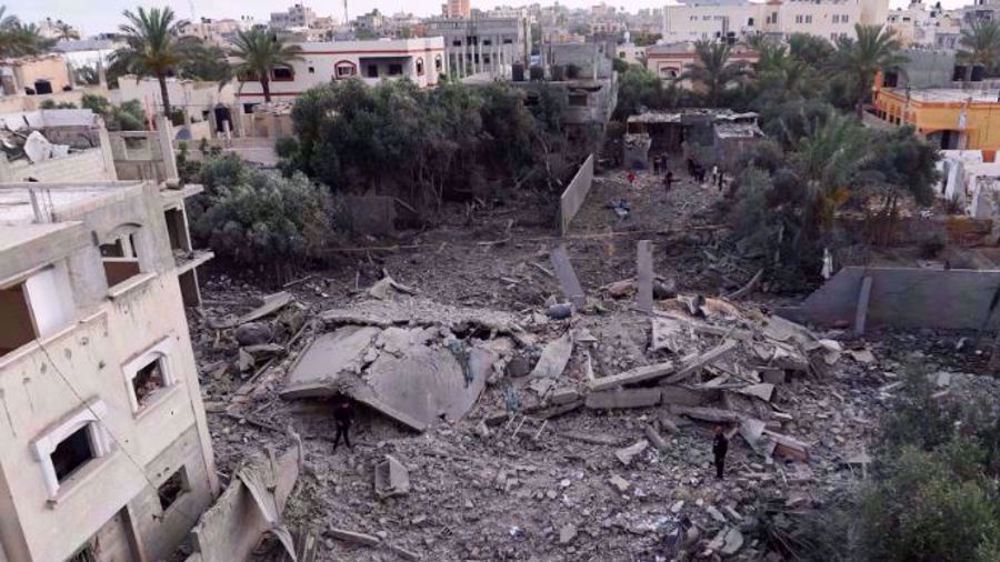
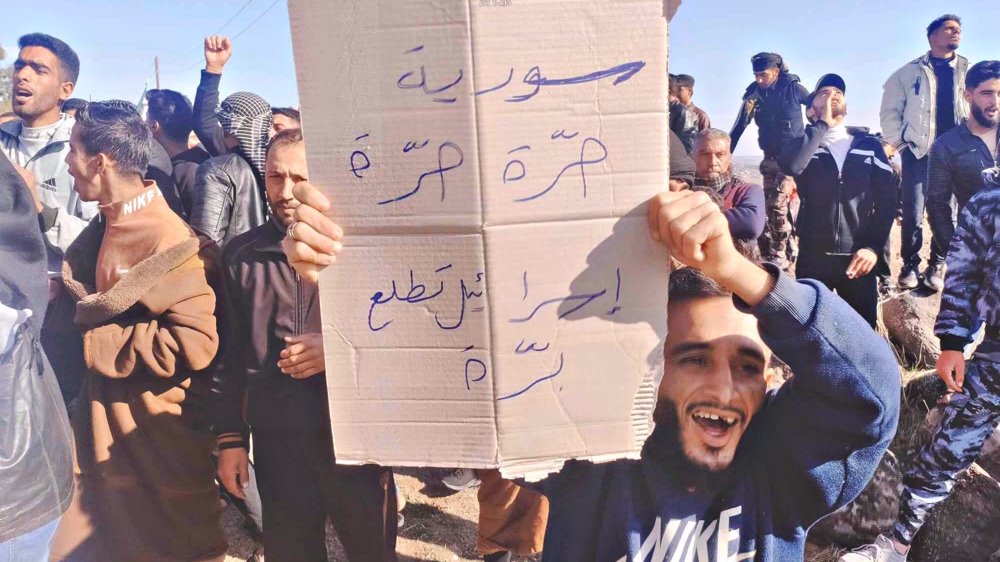
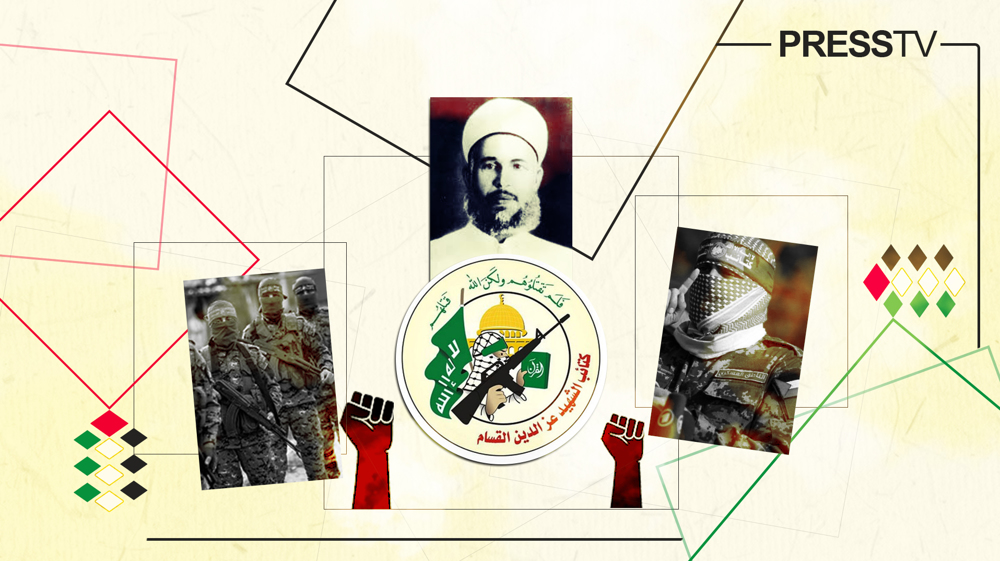
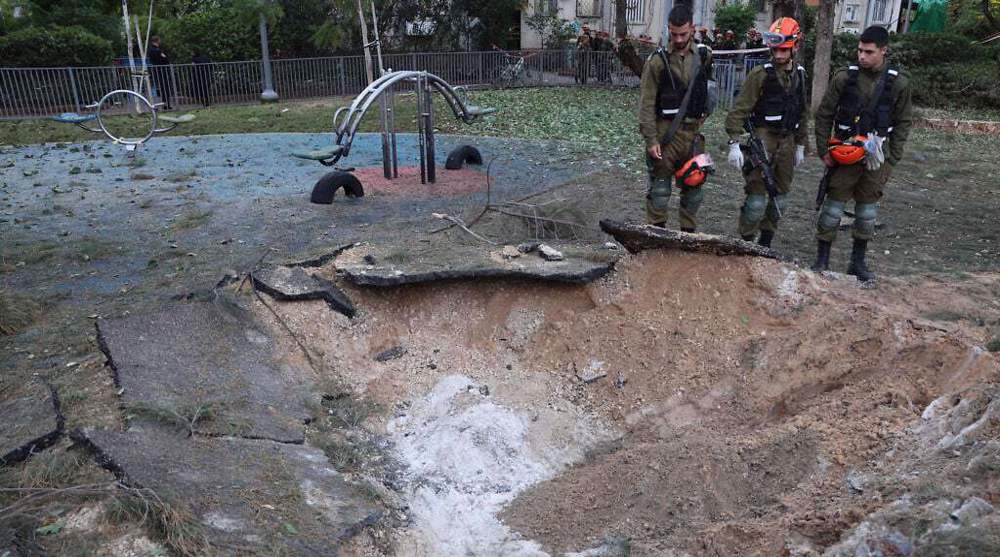



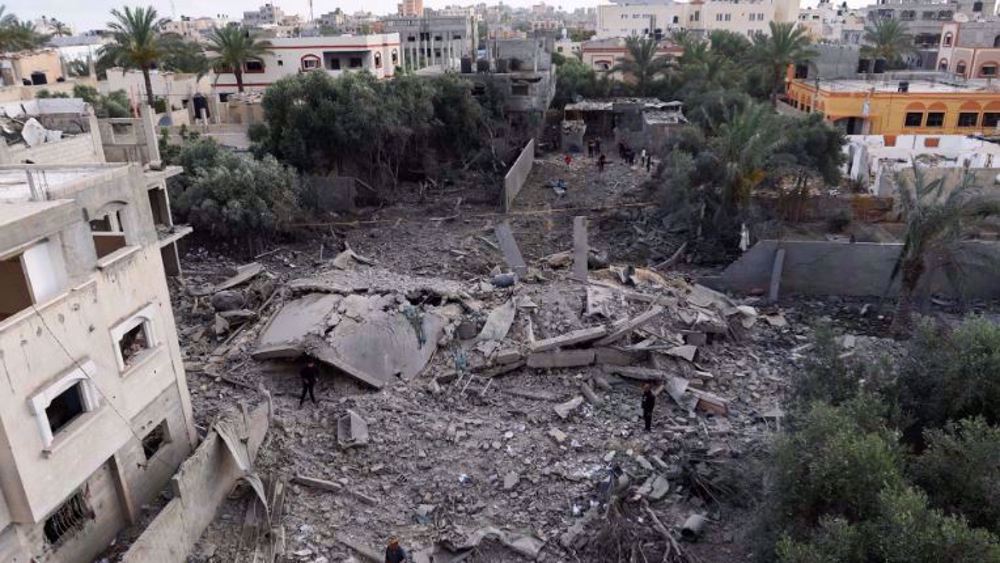
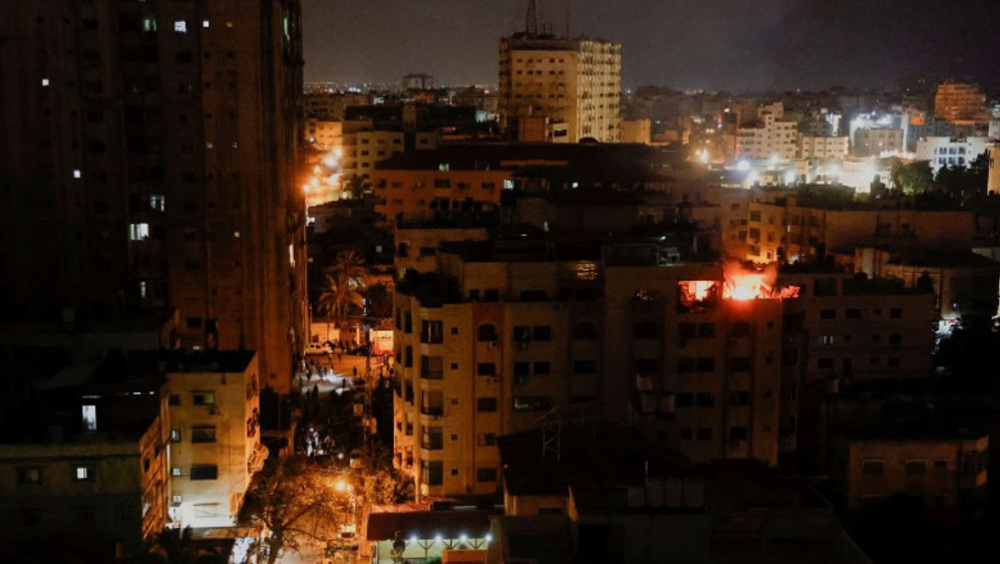
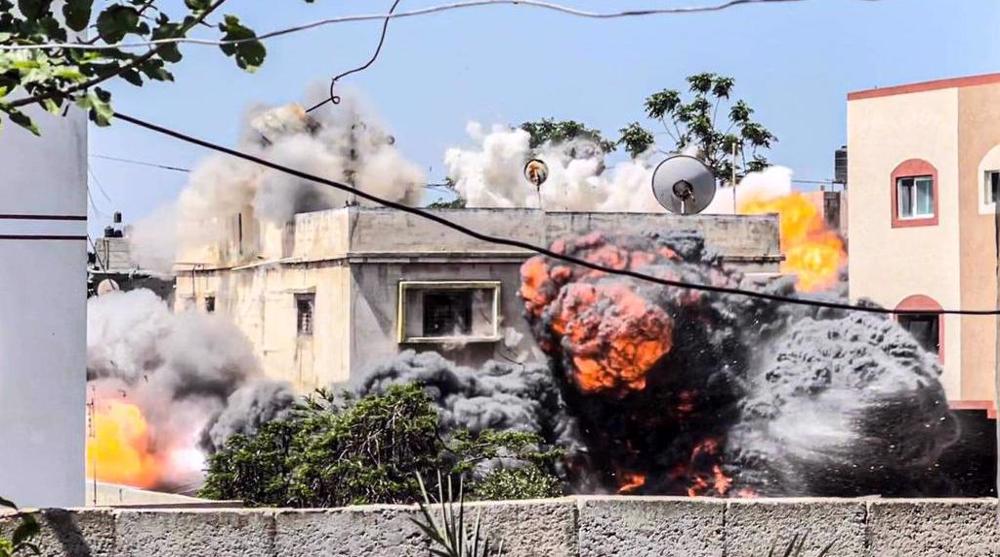
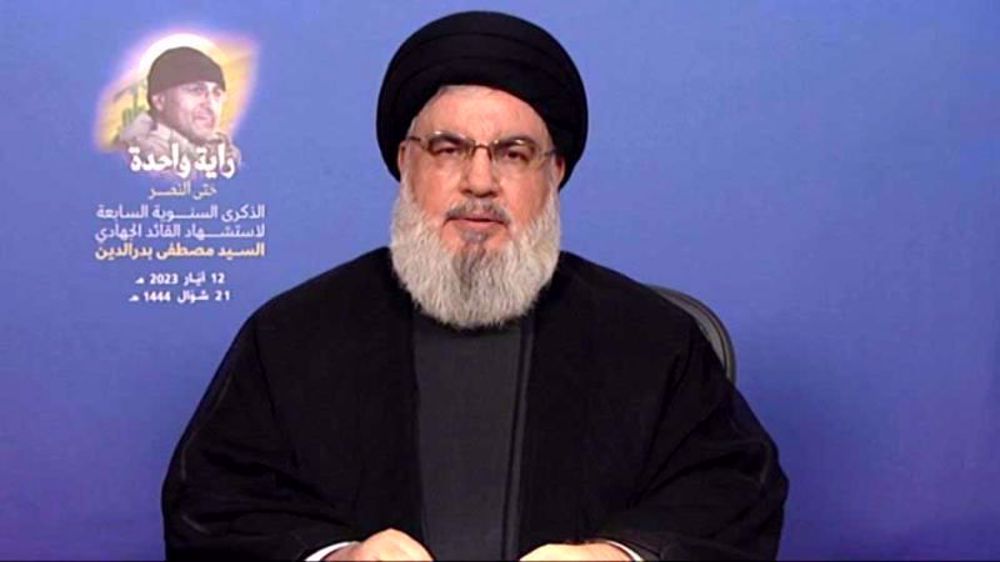

 This makes it easy to access the Press TV website
This makes it easy to access the Press TV website